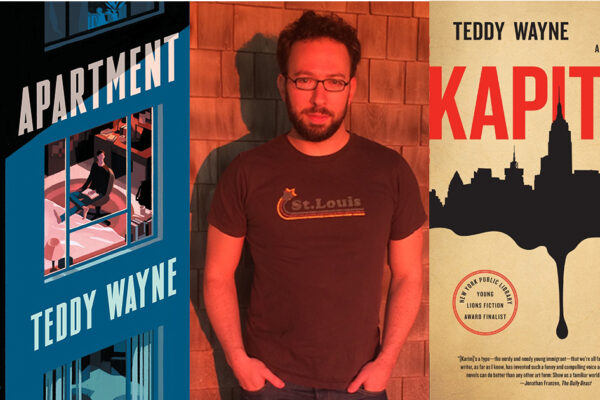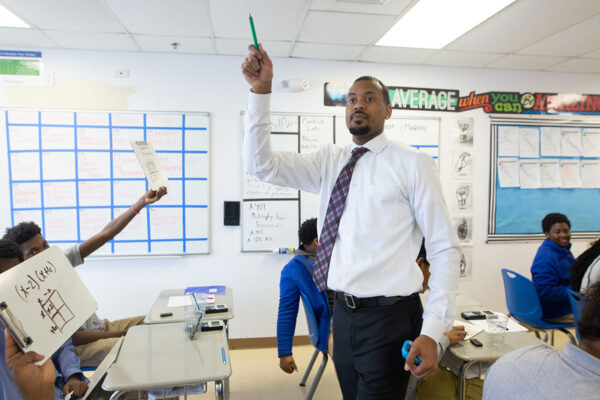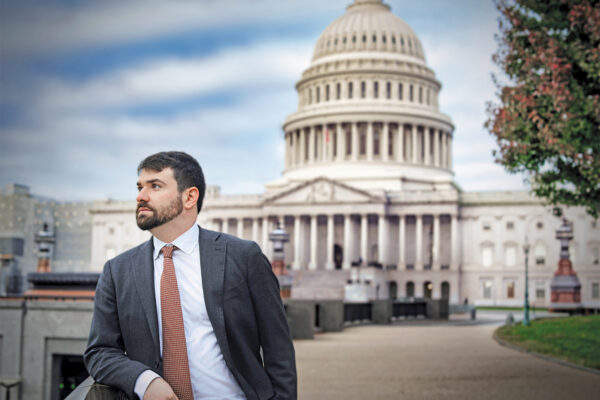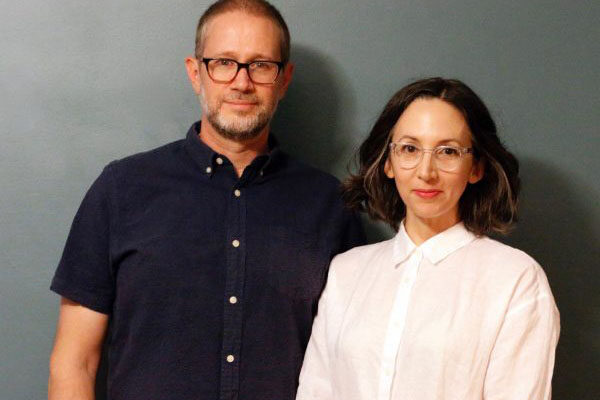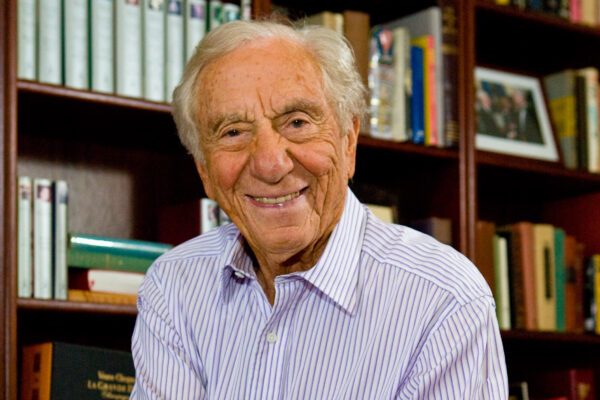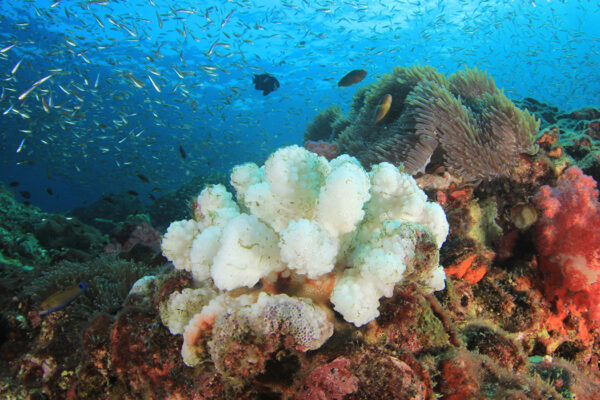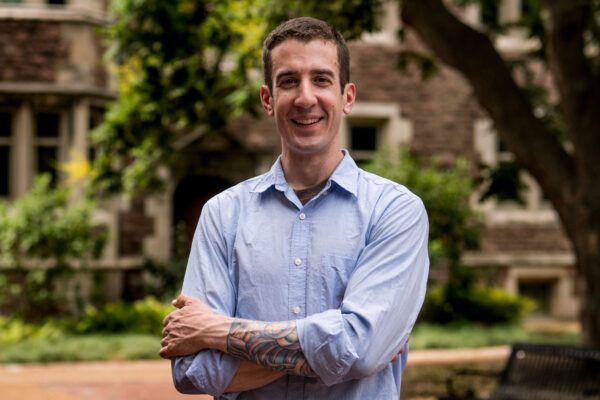Fighting crime like war
In The Punitive Turn in American Life, WashU alumnus Michael S. Sherry describes how America applied war tactics to fighting crime.
How Teddy Wayne became a prominent literary voice
Novelist Teddy Wayne blends personal experience with dynamic fiction to create works that get to the heart of the American experience.
Helping teachers thrive in high-needs classrooms
WashU alumni are partnering with their alma mater to improve teacher quality and retention.
Writing the first draft of history
History major Gabriel Rubin, AB ’15, takes Wall Street Journal readers inside the Beltway as the new author of a storied political column.
Dutton and Riker win Golden Colophon award
Dorothy, the small-press publishing project led by Danielle Dutton, associate professor of English in Arts & Sciences, and Martin Riker, senior lecturer in English, has won a Golden Colophon Award for Paradigm Independent Publishing from the Community of Literary Magazines and Presses.
Quoted: Headliners
Alumni, faculty and students have been making headlines during the pandemic for their efforts to help others understand its impact and navigate possible solutions.
Call me ‘Hotch’
Henry I. Schvey, professor of drama in the Performing Arts Department, reflects on his 30-year friendship with A.E. Hotchner in this remembrance.
Sicker livestock may increase climate woes
Climate change is affecting the spread and severity of infectious diseases around the world — and infectious diseases may in turn be contributing to climate change, according to new research from Washington University’s Living Earth Collaborative working group led by biologist Amanda Koltz in Arts & Sciences.
Teaching high school chemistry with real-world examples
Michael Wysession, professor in earth and planetary sciences, and Bryn Lutes, a lecturer in chemistry, both in Arts & Sciences at Washington University in St. Louis, believe that high school students will learn chemistry better when they crunch actual climate data, rather than memorize the periodic table by rote. They helped write a national chemistry curriculum that is loaded with real-world examples — like ocean acidification — and is already being rolled out by school districts in Los Angeles and other parts of California.
Hengen awarded $1.8M to study sleep’s contribution to brain function
Keith Hengen, assistant professor of biology in Arts & Sciences at Washington University in St. Louis, received a three-year $1.8 million grant to study the role of sleep and waking behavior in shaping the brain’s neural dynamics. His research will help scientists understand how sleep contributes to healthy cognition and shed light on the mechanisms by which disrupted sleep worsens neurodegenerative and mental health disorders.
View More Stories

